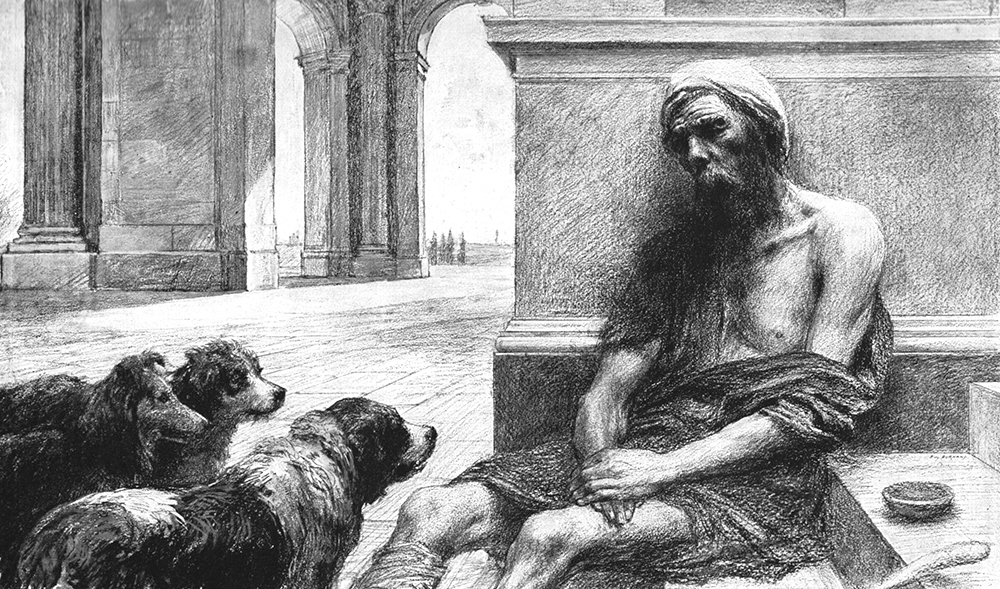

Please note: Approved comments do not constitute an endorsement by the ministry of Amazing Facts or by Pastor Doug Batchelor.
Please do not comment in languages other than English. Comments containing telephone numbers or email addresses will not be approved. Comments containing URLs outside the family of Amazing Facts websites will not be approved. will be automatically deleted and the invitation to participate revoked. Comments that include name-calling, profanity, harassment, ridicule, etc. Comments made on Friday, Saturday, and Sunday may not be approved until the following Monday. We strive to approve comments the day they are made, but please allow at least 24 hours for your comment to appear. To help maintain a Christian environment, we closely moderate all comments. Due to staff size, we are unable to answer Bible questions posted in the comments. 

If you have a Bible question for Pastor Doug Batchelor or the Amazing Facts Bible answer team, please submit it by clicking here.
Learn more about what happens when we die at. Listen to a brief explanation by Doug Batchelor by clicking here. Read a detailed book on this parable by clicking here. If you’d like to know the real meaning of this parable story, check out our resources below … The real message of this parable is often and unfortunately lost because people use it to try to prove something Jesus wasn’t even talking about. See one example by Jesus in John 11:11–14. The Bible compares death to sleep over 50 times. Instead, those who die are asleep in the grave awaiting resurrection (1 Thessalonians 4:15, 16). If this story were literal, it would be hard to explain why the Bible says “in death there is no remembrance” (Psalm 6:5). It would otherwise contradict the rest of Scripture. Do the people who died with faith in Christ find their rest in Abraham’s literal bosom? How big is Abraham’s bosom? This must be a figurative expression, for we know that angels will gather the saints at the second coming of Christ (see Matthew 24:30, 31).ĥ. How much water could pass through the flames, and what help would it provide someone suffering in hell?Ĥ. This must be symbolic-because it can’t possibly happen physically. The rich man wants Abraham to send Lazarus to dip the tip of his finger in water and cool his tongue (verse 24). The parable portrays the rich man in “Hades” speaking directly to Lazarus in “Abraham’s bosom.” Can people in heaven have conversations with people in hell? For that matter, do people in heaven really watch people burning in hell? Not according to Jesus, who describes a “great gulf fixed” between the saved and the lost (Luke 16:26).ģ. For instance, in the parable of the lost sheep, Jesus is certainly not teaching that His followers have four legs or eat grass it’s all metaphor for a greater spiritual point.Ģ. The Merriam-Webster’s Collegiate Dictionary defines “parable” as “a usually short fictitious story that illustrates a moral attitude or a religious principle.” The story of the rich man and Lazarus comes at the end of a string of parables filled with symbolic, non-literal illustrations (see Luke 15). Here are five reasons we can know that the story of the rich man and Lazarus is not meant to be taken literally.ġ. This story to give us an actual glimpse into the afterlife-or does it 
Straight to either heaven or hell when they die. It is often cited by Christians as definitive proof that people go Story of the “rich man and Lazarus” is told by Jesus in Luke 16:19–31.








 0 kommentar(er)
0 kommentar(er)
